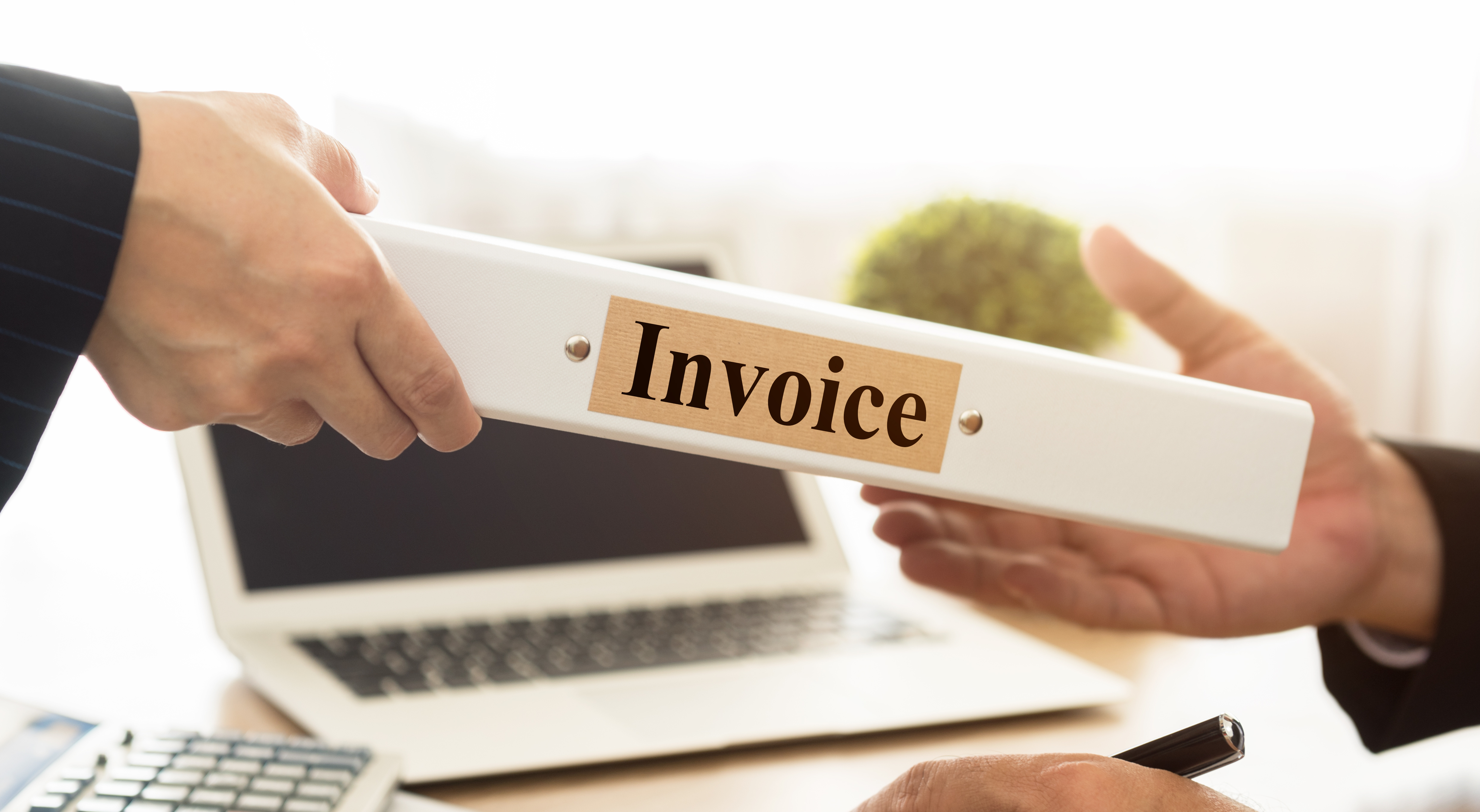Selling invoices—a traditional cash flow solution for businesses
The practice of selling invoices, known as invoice factoring, has been a well-established financing solution for businesses, particularly small to medium-sized businesses (SMBs), for many years. When businesses face cash flow challenges, they can sell their outstanding invoices to a third-party factoring company. In exchange, the factoring company typically pays the business 80%-95% of the invoice value upfront and takes over the responsibility of collecting the full payment from the customer, deducting a factoring fee in the process.
While this method involves giving up a portion of the invoice value, it can be a lifesaver for businesses struggling with delayed payments or tight cash flow. Invoice factoring allows companies to receive immediate cash that can be reinvested into their operations, helping maintain smooth day-to-day functions. An added benefit is that it can also reduce the time and resources spent chasing late payments, ultimately freeing up the business to focus on growth and serving customers rather than managing unpaid invoices.

Drawbacks to selling invoices
While not receiving the full value of the invoice can be a drawback, there are also some other drawbacks to the process. Possibly the biggest is the risk to your business’ reputation. When an invoice is sold, the purchasing company takes over ownership and collection of the invoice.
Some companies choose aggressive methods of collection that can interfere with your relationship with the customer. In other cases, it may confuse your customer to be contacted by a third party about an invoice.
To avoid signing on with a company that’s going to harass your customers, carefully read the details of any agreement, and check online and with the BBB for reviews about the company. This helps to flag any reasons to completely avoid them. Small businesses can't afford to take actions that will hurt their reputation.
Other companies will require extensive credit checks of your customer before you can sell the invoice. These can seem invasive and time-consuming to the customer if there’s extensive information they need to provide.
Finally, check if the company offers recourse factoring. This term refers to whether the company you sell the invoice to holds you responsible for the loss if they don’t get paid. Although this isn’t always a deal-breaker (check all the terms to know what’s involved), it’s important to understand your risks.
Digital net terms—an alternative to selling invoices
Before we talk about the different set-ups for selling invoices, there’s an alternative. Digital net terms allow you to work with a company that can provide gentle credit checks on your customers, confidently set up net terms, and provide payment of up to 90% of an invoice within one day.
One company providing digital net terms is Resolve. Resolve works with B2B companies to provide complete credit management services—without the disadvantages of selling invoices. Whether you’re a US-based business or want to expand your company into the US market, Resolve may be a great option.
Useful information on selling invoices
Selling invoices is often referred to as invoice factoring. Its main advantage is that it frees up cash flow/working capital for business owners while deferring the collections (accounts receivable) process to a third party. This can be very helpful for companies that don’t have the staffing for a full accounting department.
We already talked about the potential issues with recourse factoring. This is the most common type of factoring. However, some companies do offer non-recourse factoring and they’ll take on the risk of non-payment.
Invoice discounting is another type of invoice financing. In this case, you are responsible for collecting payment, but you borrow money to cover the amount of the invoice until the customer pays you.
This is beneficial when you don’t want to disclose to your customers that you’re using a third party to help with immediate cash flow needs. It also ensures that all contact with customers goes exclusively through you which can really help with customer relationships. If your customer has good financials and consistent payment history, you may qualify to use invoice discounting.
Do you have a single invoice you’d like one-time financing for? That’s where spot factoring may come in handy. Spot factoring is a one-shot deal with a lender that can help your balance sheet stay positive during unusually large transactions.

Long-term impact of invoice financing
As long as you’re not stuck holding the ball for an unpaid invoice, selling invoices or financing invoices can really benefit your business. First off, new businesses or those without excellent credit can use this resource since the financing/invoice factoring company is looking at your customer’s credit history—not your company’s creditworthiness or even your personal credit.
When you’re receiving payment for invoices much sooner than the net terms, you’ve got resources to continue to grow your business—and it’s good for your bottom line. Many businesses can also accept bigger sales by using invoice financing. Receiving funds quickly allows you to cover your own expenses and keep on good terms with your suppliers. It also eliminates the need to request a cash advance or deal with past due accounts.
And, when your cash flow is strong, you’re able to make payments on time, pay wages, expand your business, offer net credit terms, and take advantage of new opportunities.
Big bank/Lending alternatives to selling invoices
Big banks such as Wells Fargo, JPMorgan Chase/Chase Bank, Bank of America, and Citigroup—as well as credit unions and smaller banks—offer other business finance solutions. These include bank loans, small business loans, short-term loans, business lines of credit, term loans, and bank account overdrafts. Businesses may also apply for SBA loans from the Small Business Association.
For many, these financing options require an established business (often two years or more), excellent credit history, a minimum credit score, a business plan, full financial disclosure, and a lengthy application process. This is followed by a long wait to hear about approval and actually receive funds. Not every business can continue to operate under these terms.
That’s why selling invoices is such an attractive option—especially for small business owners. But before you proceed, take some time to see if digital net terms is a better solution for your business.





